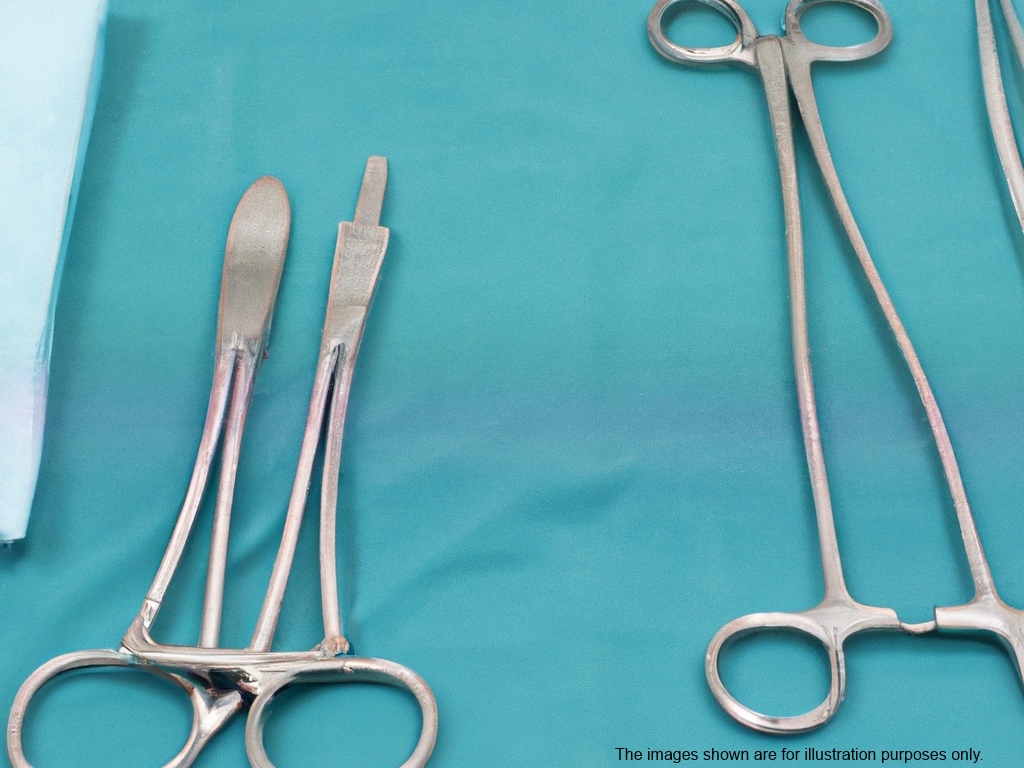Liver Cancer

Hepatocellular carcinoma denotes liver cancer.
Causes, Incidence, and Risk Factors
Hepatocellular carcinoma predominates among liver cancers and is more
prevalent in men, typically occurring in individuals aged 50 or older,
although age demographics vary worldwide.
The disease is more prevalent in certain regions of Africa and Asia compared
to North or South America and Europe.
It's important to differentiate hepatocellular carcinoma from metastatic
liver cancer, originating in other organs such as the breast or colon and
spreading to the liver.
Liver cancer is often linked with liver scarring (cirrhosis), which may stem
from various factors:
• Alcohol abuse, notably the leading cause in the United States
• Autoimmune liver diseases
• Infection with hepatitis B or C viruses
• Long-term liver inflammation (chronic)
• Iron overload (hemochromatosis)
Patients with hepatitis B or C infections are at risk for liver cancer, even
without cirrhosis development.
Symptoms
Symptoms may include:
• Abdominal discomfort or tenderness, particularly in the upper-right
quadrant
• Easy bruising or bleeding tendencies
• Abdominal enlargement
• Jaundice (yellowing of the skin or eyes)
Signs and Tests
Physical examination may reveal an enlarged, tender liver. Diagnostic tests
may include:
• Abdominal CT scan
• Abdominal ultrasound
• Liver biopsy
• Liver function tests
• Liver MRI
• Serum alpha-fetoprotein
High-risk individuals may undergo regular blood tests and ultrasounds for
tumor surveillance.
Treatment
Early detection allows for aggressive surgical intervention or liver
transplantation, which can effectively manage small or slow-growing tumors.
However, early diagnosis is uncommon.
Chemotherapy administered directly into the liver via catheter may provide
some relief, although it's not curative. Radiation therapy targeting the
cancerous area may also be beneficial. However, many patients present with
liver cirrhosis or other liver disorders complicating treatment.
Sorafenib tosylate (Nexavar), an oral medication inhibiting tumor growth, is
approved for advanced hepatocellular carcinoma treatment.
undo Common Diseases in Malaysia